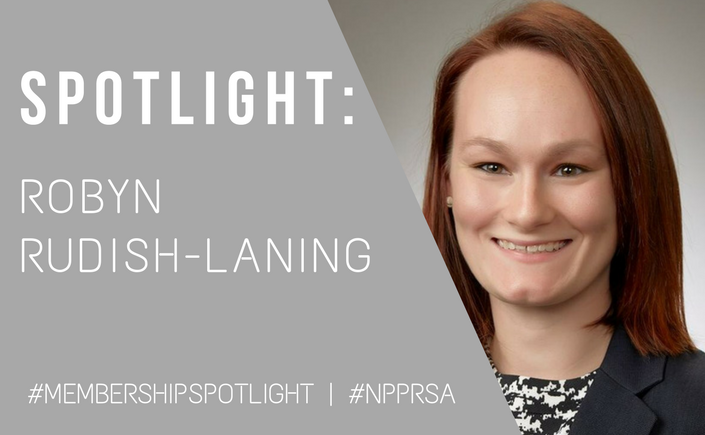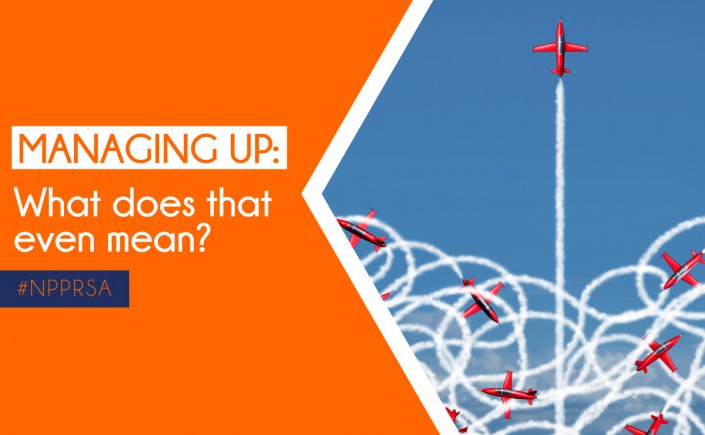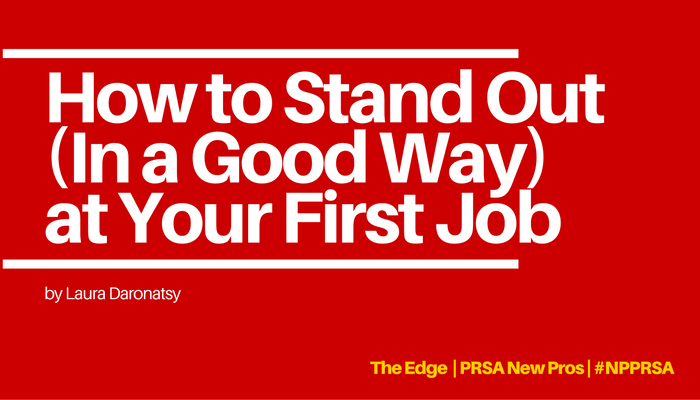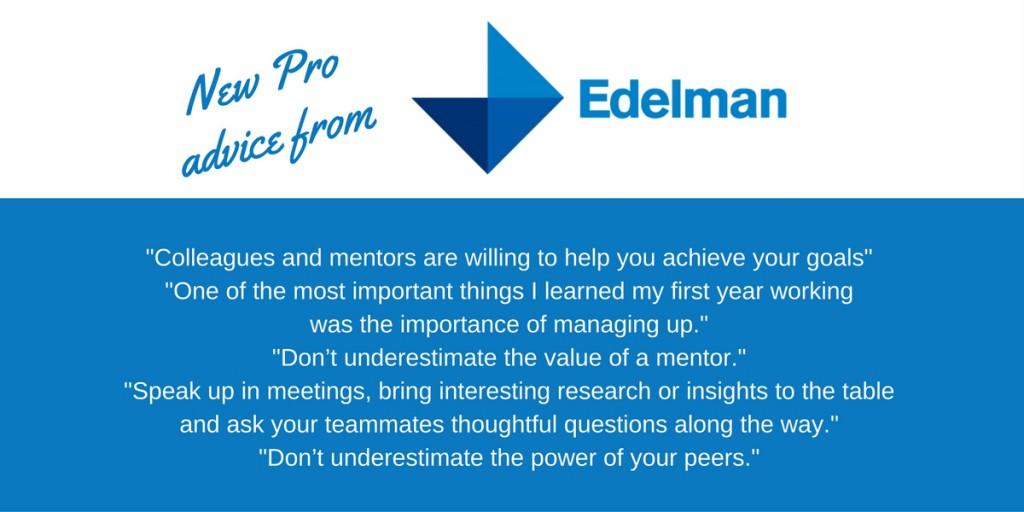Name: Robyn Rudish-Laning
Position/Company: Senior Manager, Marketing for Airports Council International – North America (ACI-NA)
Location: Washington, DC
Education: B.A. in Public Relations, Duquesne University
M.S. in Media Arts & Technology, focus in Creative Media Practices, Duquesne University
Social Media Handle: @robyn_rl
How and when did you first become interested in PR and communications?
When I was in high school. My first job was waitressing at a small restaurant in my hometown and towards the end of my junior year of high school, I started coming up with ideas to reach more people in the community and engage with customers through community events, promoting specials, using social media, connecting with the local newspaper and helping our happy customers to spread the word. Since we were a small staff, I took on the responsibility of planning & executing these ideas too. When it came time to look for colleges and think about what I was interested in the following year, I already had a pretty good idea & looked for schools specifically for their PR programs, not just general communications. Everything I learned while pursuing my degrees and on the job has only made me more curious.
How did you find internships/jobs?
I came up with a list of places I wanted to intern and hit the ground running applying and figuring out if I knew anyone who could help me get in the door. That method worked and I landed my first internship with the Make-A-Wish Foundation in Pittsburgh. Everything after that I’ve found by just being open to opportunities and making sure my network knew that I was interested in new things, even if I was enjoying what I was doing at the time. I found my last two jobs by making connections through PRSA, particularly local chapters, and being honest that I was new in the area and looking for a new opportunity.
What was the biggest challenge you’ve ever faced in your career? How did you overcome it?
Learning how to be the one making the plan and communicating the importance of a comprehensive communications strategy to guide the communications, PR and marketing efforts. Taking things from tactical and responsive to strategic and proactive is tough, especially when you’re not exactly in a decision-making role. The experience I had gained through volunteering for my PRSA chapter was incredibly helpful in knowing what needed to be done and the importance of a forward-thinking strategy. I’m also grateful for the guidance of more experienced PRSA members who often offered to be a sounding board for ideas and mentors.
What has been the most valuable thing you have learned through classes or experience?
I think learning to speak up and how to be a leader have been the most valuable things I’ve learned. It’s easy to say “I don’t have enough experience” or “what do I know, this person probably knows better than I,” but that’s not always the case. There’s no such thing as too little experience when it comes to leading or coming up with new ideas. The most dangerous trap anyone can fall into is believing that just because something has always been done one way, that you shouldn’t shake it up once in a while.
What has been the best piece of advice you have received?
“Give yourself some time and give yourself some hope.” – PRSA’s 2017 National Chair Jane Dvorak while speaking to a mixed group of SCPRSA and PRSSA members at the University of South Carolina.
Do you have any advice for future PR pros?
Practice, practice, practice. You can never learn too much. Volunteer, take on some pro bono work, take on new roles and responsibilities in internships and jobs – whether the job is in the profession or not, everything uses communications in some way. Get into a habit of learning whenever you can and being inquisitive. The more time and energy you invest in yourself and your career, the better the returns will be and the more likely an employer is to invest in you and helping you develop your skills.
What do you think is the best benefit of PRSA and the New Pros section?
Definitely the opportunities to network, get involved and lead. It’s incredibly easy to turn down opportunities to get involved and lead by thinking that lack of experience is a barrier, but being a part of the New Pros section has shown me otherwise. We’re a group of pros with five years of experience or less, so it’s a pretty level playing field and there’s plenty of room for everyone to get involved in some way. Leading the section has given me the opportunity to gain experience and has boosted my confidence in my own abilities, making me more sure of myself and my work and leading me to take seize leadership opportunities in my chapter and my workplace.
Is there anything you wish you would have known before starting your career?
I wish I had understood the importance of practical experience and application of the theories and ideas discussed in the classroom. While it’s all important, it can be overwhelming when you’re first starting out to translate that knowledge into practice.
Tell us a little-known thing about yourself.
I once competed in a local-level preliminary Miss America pageant. My issue platform was literacy across America & I competed to prove to myself that I could & to push myself to step outside of where I was comfortable.
If you are interested in being featured, or interested in nominating someone to be featured as a part of our #MemberSpotlight, please complete the following form.









